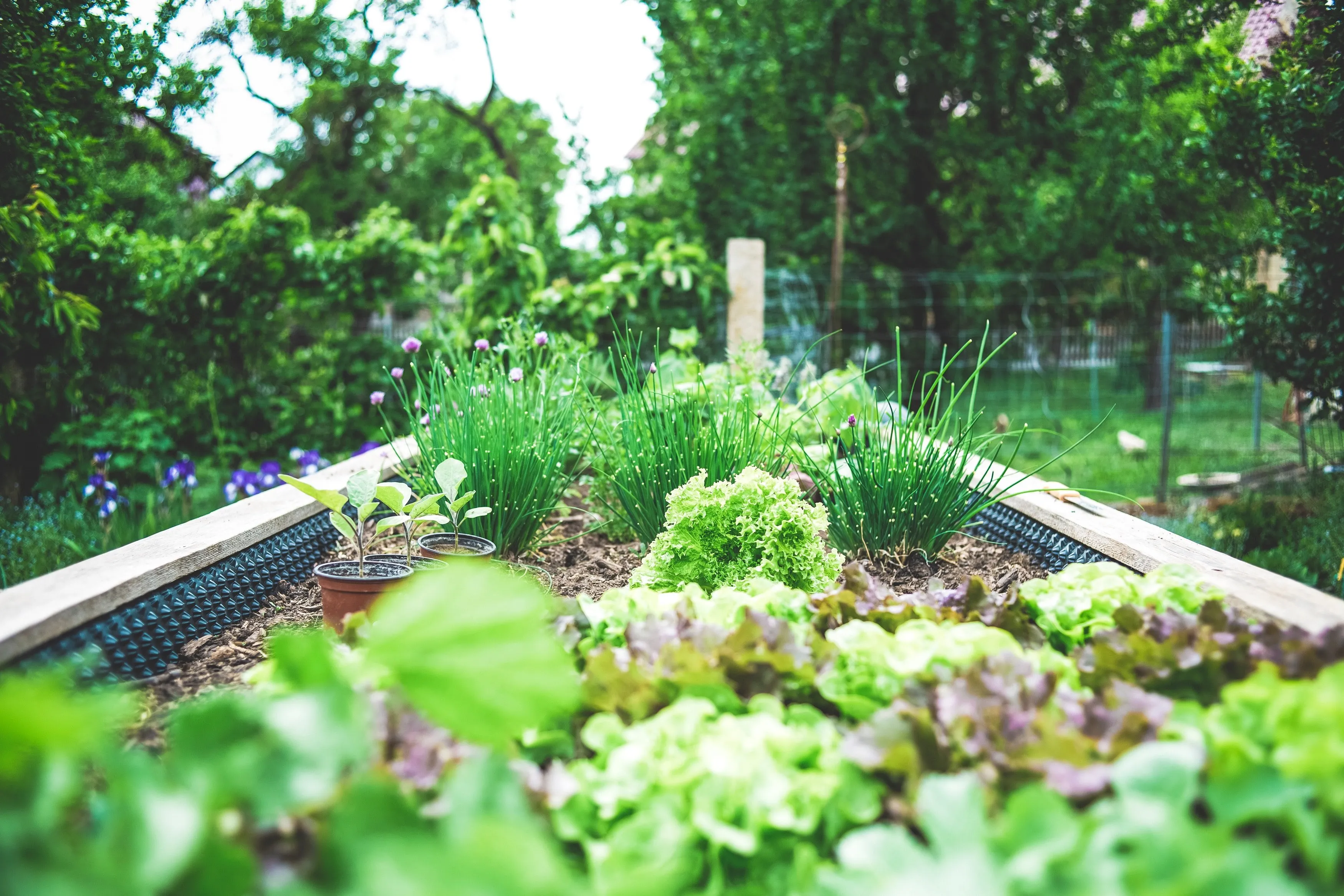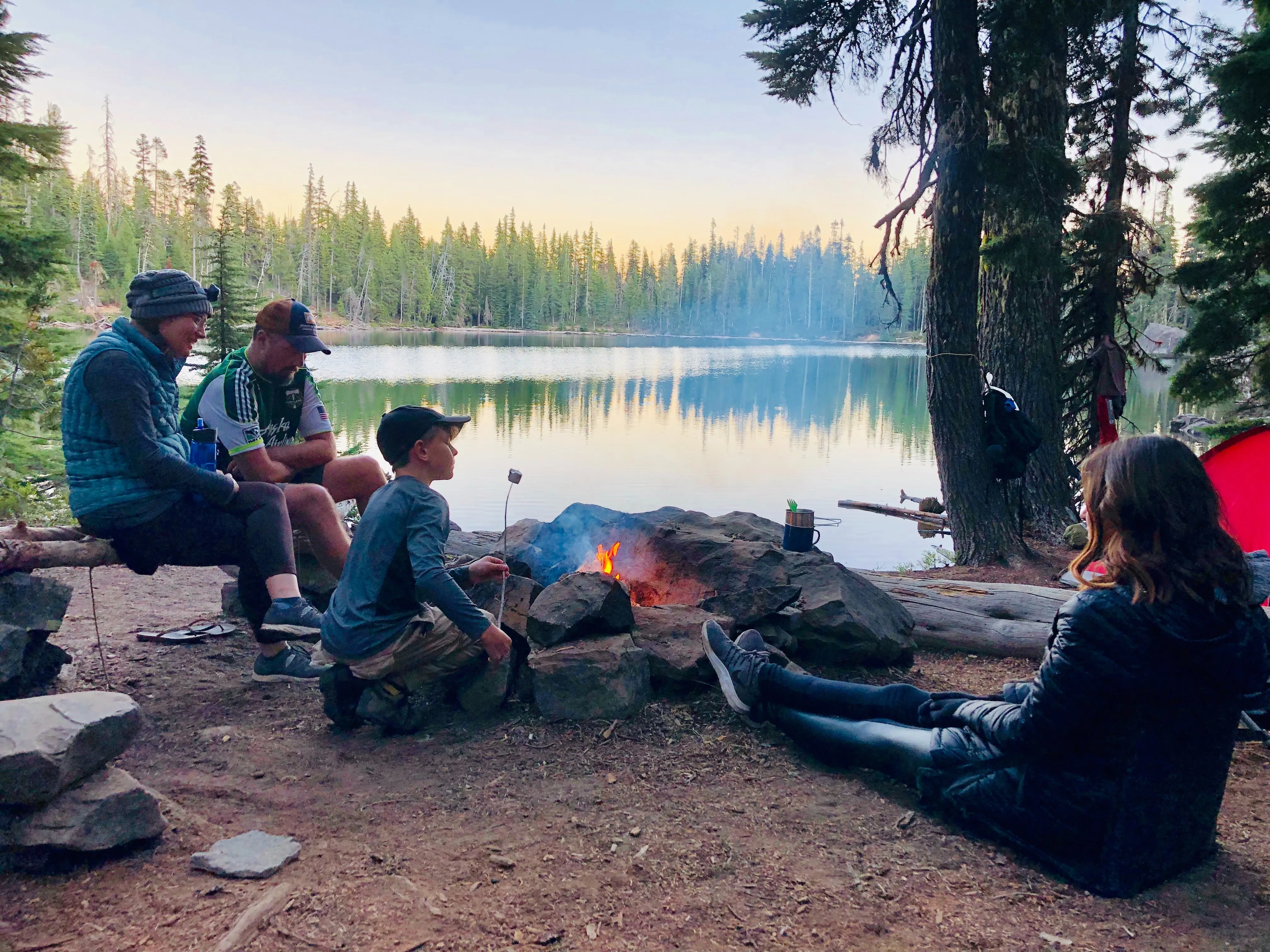Nature-Deficit Disorder: A Parent's Guide to Outdoor Enrichment
This is a guest post by Marjorie McMillian.
In a world increasingly dominated by screens and urban living, the concept of nature-deficit disorder, though not a medical diagnosis, has gained traction. It refers to the consequences of alienation from nature, including diminished use of the senses, attention difficulties, and higher rates of physical and emotional illnesses.

As parents, fostering a bond between your children and the natural world is not just beneficial; it's crucial. In this article, NatureGlo's eScience will guide you through practical ways to integrate nature into your family's routine, ensuring a healthier, more balanced lifestyle.

Transforming Your Living Space Into a Green Oasis
Your home environment plays a pivotal role in your child's relationship with nature. Here are some strategies to make your home more nature-friendly:
● Cultivate a Garden: Whether it's a flower bed or a vegetable patch, gardening is a hands-on way to connect with nature. It’s educational and nourishing for both body and soul.
● Create a Nature Nook: Dedicate a corner of your backyard for a bird feeder or a small pond. This spot can become a mini-habitat and a window to wildlife.
● Fun and Functional Outdoor Design: Consider installing a treehouse or a sandbox. These elements encourage outdoor play and creativity.
● Track Improvements for Future Value: If you're considering selling your home, document the enhancements made to your outdoor space. A nature-friendly yard can be a significant selling point.

Exploring Nature Together
Spending time outdoors isn't just about the destination; it's about the journey. Here are some ideas to make the most of nature outings with your children:
● Neighborhood Nature Walks: A simple walk around the block can be a nature exploration. Observe the local flora and fauna and enjoy some physical exercise.
● Scavenger Hunts in the Park: Create a challenge for kids to find math patterns in nature. This game adds an element of excitement and learning to your outing.
● Camping as a Family Tradition: Plan a camping trip, even if it's just in the backyard. It's a great way to bond and experience the beauty of the night sky.
● Wildlife Watching: Whether it’s bird watching or looking for squirrels, observing wildlife can be a thrilling experience for children.
Get NatureGlo's FREE Patterns in Nature Scavenger Hunt download below.

Here's how to get NatureGlo's FREE Patterns in Nature Scavenger Hunt Templates:
- Add your first name and email into the given fields.
- Check your inbox or Spam box (you might need to wait up to 15 minutes to receive the email depending on server times)
- Confirm your subscription
- You'll immediately receive your freebie after confirming your subscription!
Pursuing Educational Activities Outdoors
Outdoor activities can be incredibly educational. Here are some ways to turn outdoor time into learning opportunities:
● Nature Sketching and Journaling: Encourage your child to draw or write about their outdoor experiences. This fosters observation skills and creativity.
● Stargazing and Astronomy Nights: Teach your children about constellations and planets on clear nights. It's an engaging way to learn about astronomy.
● Environmental Conservation Projects: Participate in local clean-up drives or tree-planting events. It teaches responsibility towards the environment.
● Nature-Based Experiments: Simple experiments like studying plant growth or observing weather patterns can be both fun and educational.

Replacing Screen Time With Nature Time
In the digital age, balancing screen time with green time is essential. Here are some tips:
● Tech-Free Outdoor Time: Designate certain outdoor activities as device-free. This policy helps children engage more deeply with their surroundings.
● Rewards for Outdoor Activities: Offer incentives for time spent outdoors, such as an extra bedtime story or a favorite snack.
● Scheduled Nature Time: Incorporate regular outdoor activities into your family's routine, ensuring consistent exposure to nature.
● Lead by Example: Minimize your own screen time during family outings. Your behavior sets a precedent for your children.

Having Fun Outdoors Regardless of the Forecast
Don't let the weather deter you from enjoying the outdoors. Here are some ways to make the most of any weather condition:
● Rainy Day Adventures: Equip your family with raincoats and boots for a fun time splashing in puddles.
● Winter Wonderland Activities: Snow offers numerous opportunities for play, from snowball fights to building snowmen.
● Summer Night Stargazing: Take advantage of warm summer nights for stargazing or catching fireflies.
● Dressing for the Season: Ensure your family has appropriate attire for all weather conditions, making outdoor time enjoyable year-round.
Combating nature-deficit disorder is about embracing the world outside our doors. By integrating these practical tips into your family life, you nurture your children's connection with nature, enriching their physical and emotional well-being. Remember, every step taken outdoors is a step towards a healthier, more balanced life for both you and your children. Let the adventure begin!

Image via Pexels
By Marjorie McMillian



